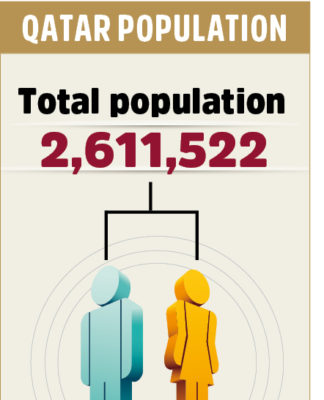Nearly 40% of European workers are at higher risk of poor mental health, according to new survey
Gender, age, and socio-economic status were contributing factors to poor mental health scores, a new survey found.
Copyright Canva
By Oceane Duboust
Published on 27/11/2024 – 9:29 GMT+1•Updated 10:05
Share this article
Comments
Gender, age, and socio-economic status were contributing factors to poor mental health scores, a new survey found.
Nearly two in five European workers are at risk of having a mental health condition, according to a new survey.
Health services and technologies provider TELUS Health published its yearly mental health index about the state of workers in six European countries: France, Italy, Spain, Poland, Germany, and the Netherlands.
In each country, 500 people were surveyed and people scoring below 80 were considered at risk.
Related
Cycling or walking on your commute to work lowers risk of disease and poor mental health
The score regarding mental health varied by country with Spain having 48 per cent of workers classified as high-risk for mental health issues, followed by Poland (45 per cent) and Italy (43 per cent).
In contrast, the Netherlands has the lowest proportion of workers with a high mental health risk at 24 per cent.
Factors that dictate mental health state
“There are three main factors that really do make a difference. The first is basically the things that are happening in that country,” Paula Allen, global leader and vice president of research and insights at TELUS Health, told Euronews Health.
She mentioned the geographic proximity of Poland to Ukraine which was invaded by Russia over 1,000 days ago.
Differences in culture and infrastructure can also play a part as do gender, age, and socio-economic status with women, for example, reporting mental health scores more than five points lower than men.
Related
From depression to bipolar disorder: What experts say about recovering from mental health conditions
“The world that you experience when you’re female and the world that you experience when you’re male are different,” Allen said, mentioning the disparities in terms of financial resources, employment, and labour division.
“There’s also health disparity. We know right now very clearly that the way the health system responds to men and women is very different,” she added, pointing out that women are more likely to have negative experiences with healthcare providers.
She also mentioned women’s under-recognised health issues such as endometriosis, perimenopause, and menopause.
Physical health and financial safety factor into mental well-being
The survey found that workers who reported exercising often had better mental health scores.
More than one worker out of 10 did not participate in any physical activity, however, resulting in a loss of nearly three extra workdays annually. Their mental health scores are almost 10 points lower.
In general, six or more hours per day sitting or being inactive was associated with poorer mental health.
Related
The mental health of workers in Europe is worsening. People in this country suffer the most
The World Health Organization (WHO) currently recommends 2.5 to 5 hours of moderate-intensity activity per week or 1.3 to 2.5 hours of more intense exercise.
Workers without emergency savings were also three times more likely to experience anxiety or depression.
“It puts you in a state of anxiety. Even if it’s low-level chronic anxiety, it puts you in a state of anxiety. So it is interesting that we have found that the sort of the biggest factor [for a poor mental health score] is just that lack of emergency savings,” Allen said.
“It’s sort of impossible to be at your optimum well-being if you have that situation. So it isn’t just a matter of lower income, it is a matter of not having that safety net”.
Workers without emergency savings had a mental health score of around 42 compared to the average of 62.
Related
People of colour in UK struggling to access mental health services to deal with racism trauma
What can companies do?
Allen emphasised the significant role employers play in supporting employee wellbeing, noting that the services they provide can have a profound impact.
Employers, she explained, should design work environments that align with occupational health and safety guidelines to minimise risks to employees on both physical and mental health.
They can also take steps to enhance employees’ physical and mental health through initiatives like training programmes, resilience coaching, and health guidance and integrate these frameworks into the company’s culture.
“It really kind of gives you that kind of sustainable framework and, you know, the benefits that you’re getting as an employer increase with every step that you take in this respect,” Allen said.


























